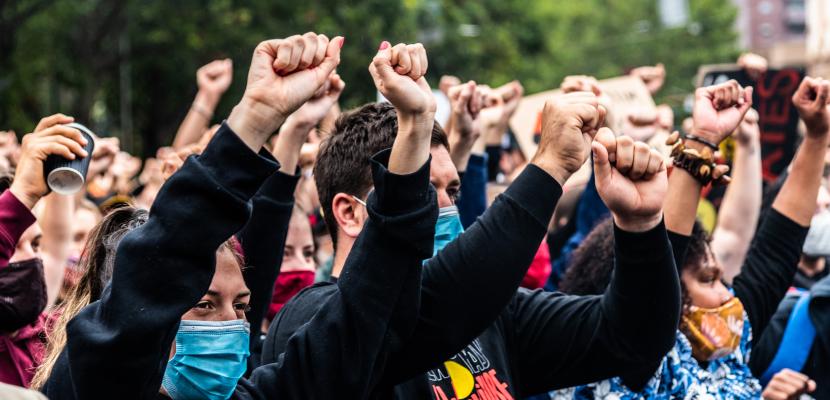
Written by Kelly Menzel, Assistant Professor of First Nations Health at Bond University, and Richard Matthews, Associate Professor of Medical Ethics at Bond University.
This article originally appeared on The Conversation.
We write this article together – Kelly, a First Nations woman living on Kombumerri Country, and Richard, a Canadian white male settler living on the lands of the Minjungbal people of the Bundjalung Nation.
As a First Nations Australian academic, Kelly is often approached to give guest lectures. She aims to accept these invitations as she believes acts of reciprocity and relationality are essential building blocks for reconciliation. Further, her job requires her to teach First Nations People’s histories and knowledges.
Unfortunately, on many occasions, her knowledge is appropriated, reproduced without permission, frequently misconstrued, or misrepresented and colonised in some way. This all happens under the guise of a non-Indigenous person having “good intentions”. In addition, Kelly is frequently micromanaged regarding her Indigenous knowledges.
This is not an uncommon experience for First Nations academics.
The outcome for these academics is often an increased and unpaid workload, and no opportunities for collaboration between academic staff or faculty. This is all coupled with the trauma that occurs when experiencing ongoing micro-aggressions and racism.
White people often fail to appreciate the nature of power differentials and white privilege - with all the accompanying benefits, including money, prestige and even the option to act.
Further, good intentions are not enough. What settlers need to understand are the principles of proper allyship.
This requires not acting on behalf of someone, but ceding space and decisional authority to others, and privileging the voices and experiences of First Nations Peoples and communities. First Nations communities get to decide on all matters related to themselves and their knowledges. Allies need to understand this is not negotiable.
Here we invite you to consider some strategies for being a good ally with First Nations Peoples and communities.
What can I do?
1) First, allies must assume and confront racism in themselves, explore how they may be part of the problem and look at ways to change.
This means reflecting on and accepting one’s own assigned privilege. Acceptance allows us to become more understanding of how we impact others.
2) Always prioritise the voices of First Nations Peoples above your own. Their voices matter - not those of settlers - in what happens to their communities. This applies to everything - law, policy, health, funding decisions, choices made (or not), and research undertaken (or not).
3) As allies, one’s skills and achievements do not take priority over First Nations Peoples and their needs. Rather, allies should prioritise the creation of “right relations.” This is an act of establishing relationships with First Nations Peoples as an ally, in a culturally appropriate and reflective manner.
4) Listen to and believe the voices of First Nations Peoples and adopt a position of cultural humility.
Cultural humility is a commitment to self-awareness and reflection. It also means redressing power imbalances and developing reciprocal, non-paternalistic partnerships with First Nations Peoples and communities.
Further, one must cede any right to determine the shape or direction of political, economic, or academic projects that involve First Nations Peoples. This needs to be determined by or in consultation with First Nations Peoples.
5) Publicly support First Nations People’s sovereignty, self-determination and autonomy. In this case, act only if First Nations Peoples judge it to be valuable. If they say it could be harmful, then back off and remain silent.
6) Finally, if consistent with relevant First Nations voices, teach (not preach) anti-racism messages to our white-privileged peers and others.
It is important to involve one’s peers in this process. People require space to voice their views, even when their views may be perceived as “racist”. Having an open dialogue is a way to address potential hostility that can arise when people get defensive.
All people have the right to autonomy and to determine what is right for their own communities. This, too, is an exercise of power, because only those sufficiently privileged to make such choices can do so. Being a better ally is to essentially use the space you are given to provide space for people who are too often excluded from the conversation.
If you are called out for racism or cultural insensitivity, please listen and take the comment seriously as a gift and an invitation to change.
Racism is a white problem and white people need to be the ones to solve it.

